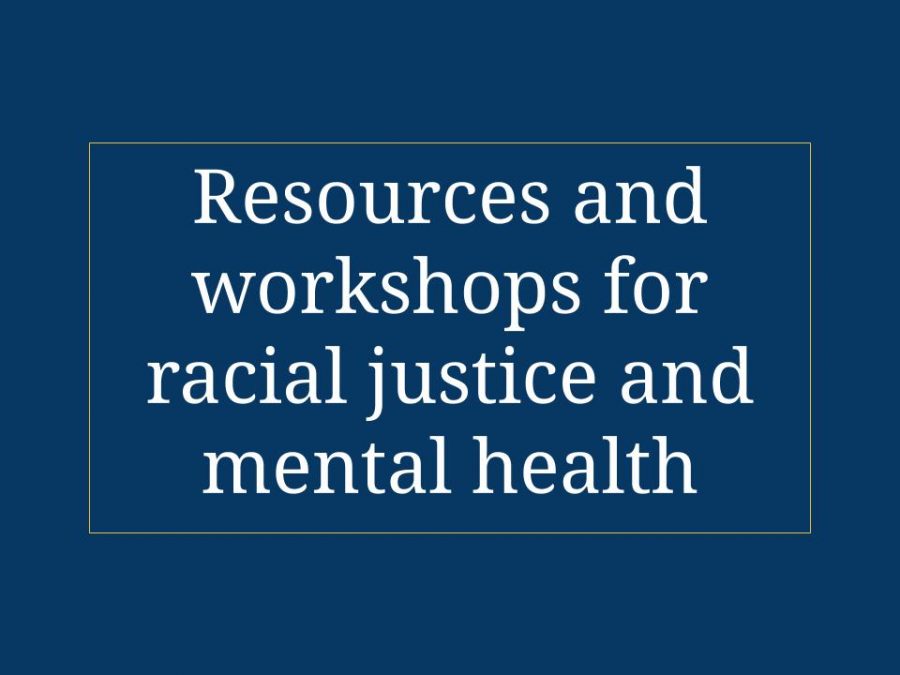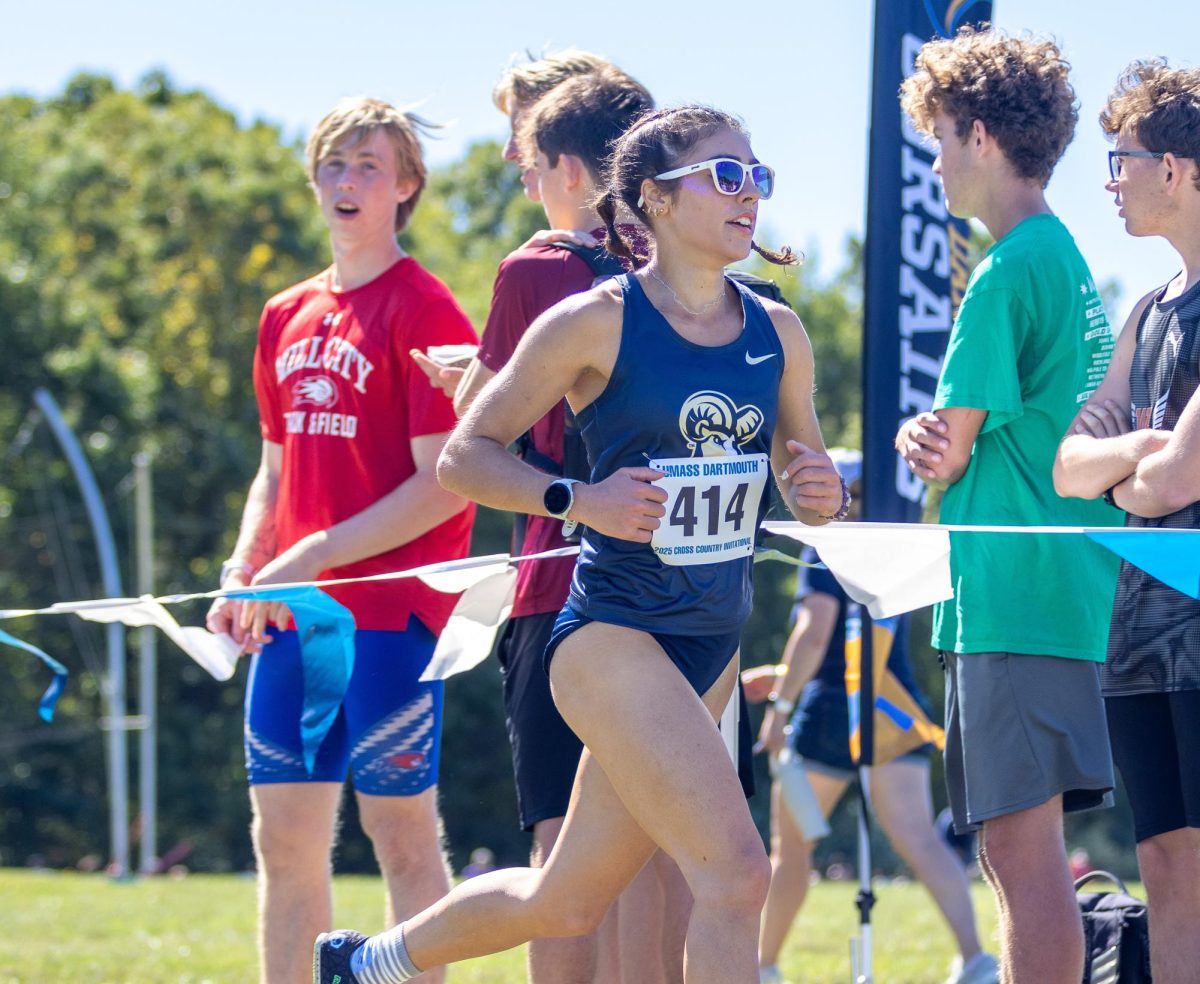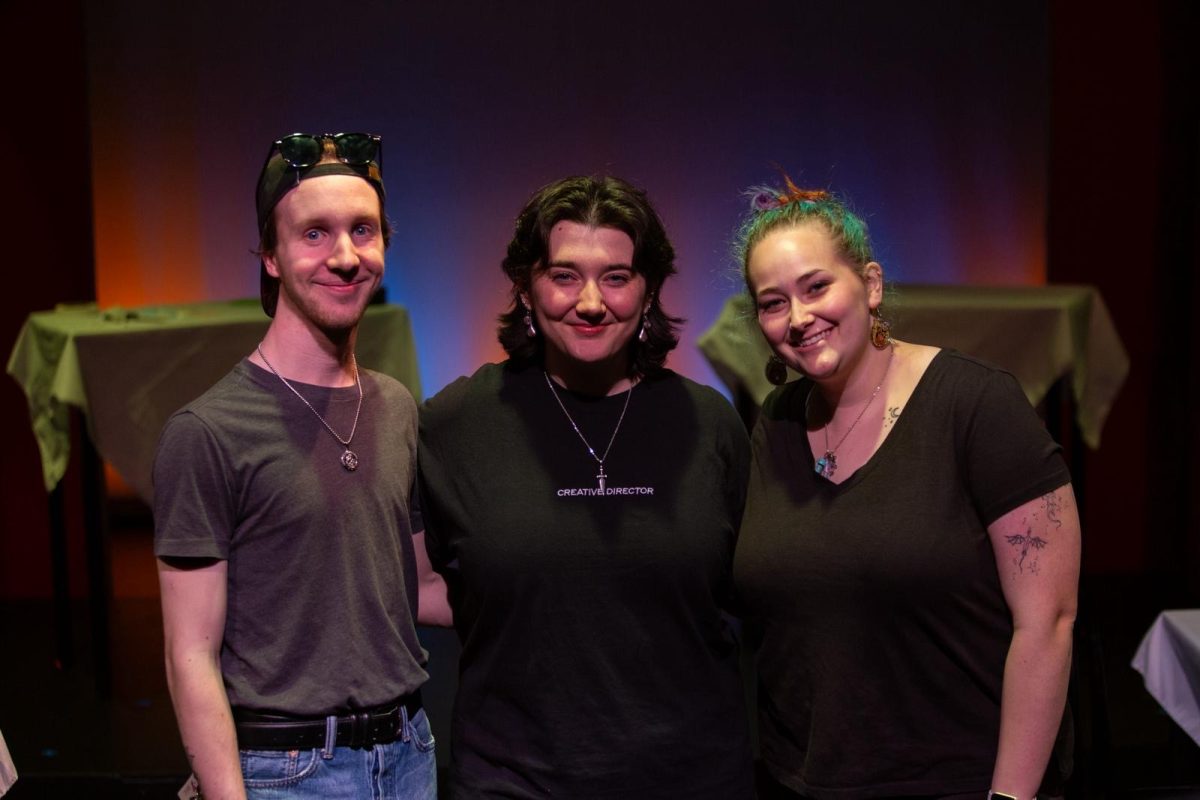Suffolk University’s Center for Diversity and Inclusion (CSDI) has compiled a list of resources to help support members of the Black community and educate others on how they can effectively practice allyship in the fight against systemic racism.
CSDI will also host three workshops this week that will help students “come together and process what is going on in our world,” according to an email from the center.
A workshop for students who identify as non-Black people of color will be held on Monday from 5 to 6 p.m. (Zoom ID: 973 6127 0292), while a workshop for white identifying students will be held from 5 to 6 p.m. on Tuesday (Zoom ID: 916 2296 5863).
A workshop for Black identifying students will be held on Wednesday from 5 to 6 p.m. (Zoom ID: 698 273 7175).
CSDI has also provided resources that can help members of the Black community take care of their mental health while fighting for racial justice.
“[Caring for your mental health] is especially important for marginalized people because there is a continual stress of just existing in this country,” said Alexandria Miller, a graduate fellow at CSDI. “Therapy can give you a safe space to talk, be yourself, and gain tools to improve your well-being even in the face of all those systemic stressors.”
Miller said reaching out to a therapist of color or a therapist who does multicultural therapy can help, as can using workbooks like “The Unapologetic Guide to Black Mental Health,”“Black Women’s Mental Health,” or ones that directly address worry, anxiety, depression, and other feelings.
“Mental health is particularly important for activists who are hoping to continue fighting against injustices,” Miller said. “You cannot sustain mentally and emotionally draining work if you don’t care for yourself! Like the airplane metaphor – put on your own mask before those around you.”
Listening to the Black community is fundamental when it comes to being an effective ally, Miller said.
“Practice hearing what people are saying when they’re talking to you and implementing changes based on what you hear,” Miller said. “It’s also important to listen between the lines and hear what people who are privileged are really ‘saying’ and check them on attitudes/beliefs/behaviors that are prejudiced.”
Below is a list of resources compiled by CSDI that can help you take action, care for your mental health and educate yourself and others about Black history and activism.
The list was originally shared with students who took part in a discussion on police brutality and violence against the Black community that was hosted by Suffolk’s Black Student Union and Caribbean Student Network on June 5.
Self-Care for Black Folks
- The Unapologetic Guide To Black Mental Health by Rheeda Walker, PhD (ebook)
- 44 Mental Health Resources for Black People Trying to Survive in This Country
- 12 Black Mental-Health and Wellness Resources to Follow on Instagram
- Black Mental Health Matters
This website contains resources to therapists and hotlines specifically for Black folk
- Strength and Grace: A Guided Self-Care Journal for African-American Women by Joy Fullness (ISBN: 1707233837)
- Black Virtual Therapist Directory
Accountability & Action Resources
- [bit.ly/BlackLivesAction]Resources for Accountability and Action for Black Lives
This is a living document of actions people can take to support change. This resource has petitions, places to donate, letter templates, scripts for phone calling, and much more. Created by Carlisa Johnson @girlonthegowithafro (twitter/instagram)
This document has a large table of contents and is collecting events, petitions, places to donate, protesting resources, self-education resources, and provides ways to reach out to your officials when asking for justice for the many lives lost by anti-Black violence. Created by @ambivalcnt (twitter)
This list, created by Lesbiapart France, has a variety of international focused resources for getting involved as well as several Black LGBTQ+/Queer centered resources that folks can get involved with and support.
This document contains a bunch of information on your rights and provides tips when protesting (both in person and on social media) and if you have been detained or someone you know has been detained. It also has resources for low-cost ways to help the movement and places to donate. Created by @babyindifera (twitter/instagram)
- Donation Master List
- We Can’t All Be on the Frontline (Instagram thread)
- BLM Carrd
This resource has a variety of links for getting involved. Created by @dehyedration (twitter)
A guide to starting anti-racist conversations for non-Black people of Color.
Self-Education
Black History & Activism
- Learn about Black history and activism
- Books by Black Activists
- Black History Month Library
- Black Revolutionary Texts
Anti-Racism
- [bit.ly/ANTIRACISMRESOURCES]Anti-Racism Resources
- Scaffolded Anti-Racism Resources
- The White Shift
- The Characteristics of White Supremacy Culture
- Books: how to be actively antiracist
Classes/Resources
- The Black Curriculum
- African American History: From Emancipation to the Present (free course from Yale University)
Articles
Videos & Film
- Black documentaries master list
- A BLM documentary
- A debate that puts things in perspective
- Breakdown of all lives matter
- Background info of BLM
- A little girl gives speech on BLM
Additional Resources
A final resource is the Social Justice Resource Drive that our staff currently manages. This Google Drive folder is full of a variety of uploaded articles, books, films, videos, google docs, and educational syllabi that have circulated across the internet over the past years. This is not a complete document, things are always being added, organized, removed, and updated. Any documents uploaded here are credited to the original creators, and many of them are simply linked directly to the original living documents. https://bit.ly/socialjusticeresourcedrive




















